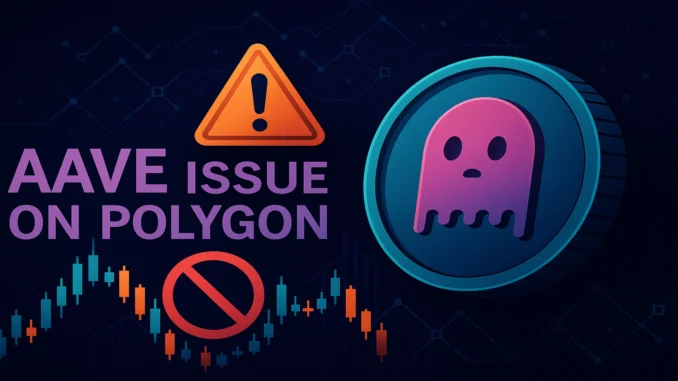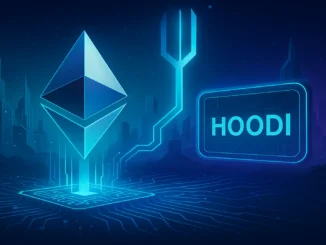
Aave v2 Polygon Hit by Bug Freezing Over $110M in Assets
A bug in an older version of Aave’s crypto lending protocol has temporarily frozen user interactions with major asset pools on Polygon. The affected assets include Wrapped Ether (WETH), Tether (USDT), Wrapped Bitcoin (WBTC), and Wrapped Matic (WMATIC).
According to a May 19 governance proposal, users currently cannot supply, borrow, repay, or withdraw from these pools.
Funds Remain Safe Despite Withdrawal Halt
While the bug prevents withdrawals and other transactions, the Aave team emphasized that all user funds are safe. The issue can be resolved through an upcoming governance vote scheduled to begin on May 20 and end on May 23.
Blockchain security firm BlockSec reported that the bug impacted approximately $110 million worth of assets.
What Caused the Aave v2 Polygon Bug
The problem stems from a May 16 interest rate curve patch applied to all Aave v2 deployments. However, the Polygon implementation uses a slightly different interface for its rate strategy contracts compared with Ethereum and Avalanche versions.
Because the update didn’t account for this variation, the Polygon version alone became incompatible — effectively freezing operations on the network.
The newly proposed fix will modify only the Polygon deployment to restore full functionality once approved by Aave DAO.
Aave v3 and Other Deployments Unaffected
The latest version of Aave, v3, remains unaffected, as do v2 deployments on Ethereum and Avalanche. The issue is isolated to Aave v2 on Polygon.
Aave’s team and community have reassured users that their funds remain intact and that governance mechanisms are functioning as intended to patch the problem.
Continued Expansion of Aave Ecosystem
Aave remains one of the leading decentralized finance (DeFi) protocols, renowned for its flash loan feature that allows users to borrow and repay assets within the same transaction block without collateral.
Recently, Aave governance voted to deploy its v3 protocol on zkSync Era, a Layer-2 scaling network utilizing zero-knowledge proofs. On May 8, the protocol also launched on Metis, another Ethereum Layer-2 solution.
Path Forward
Once the Aave DAO approves the fix, normal activity on the Polygon version of Aave v2 will resume. The incident serves as a reminder of the complexities of maintaining cross-chain DeFi infrastructure — and the importance of community-driven governance in keeping decentralized protocols secure and adaptive.




